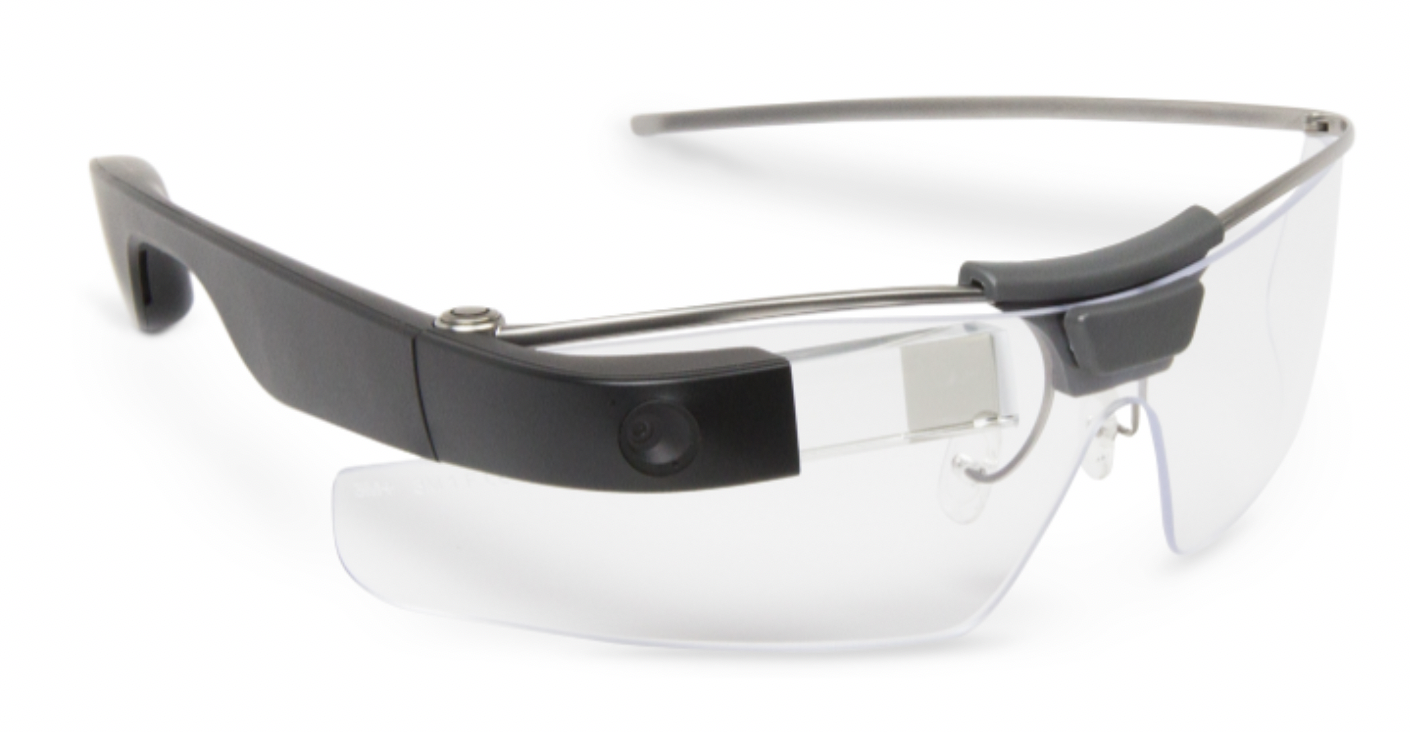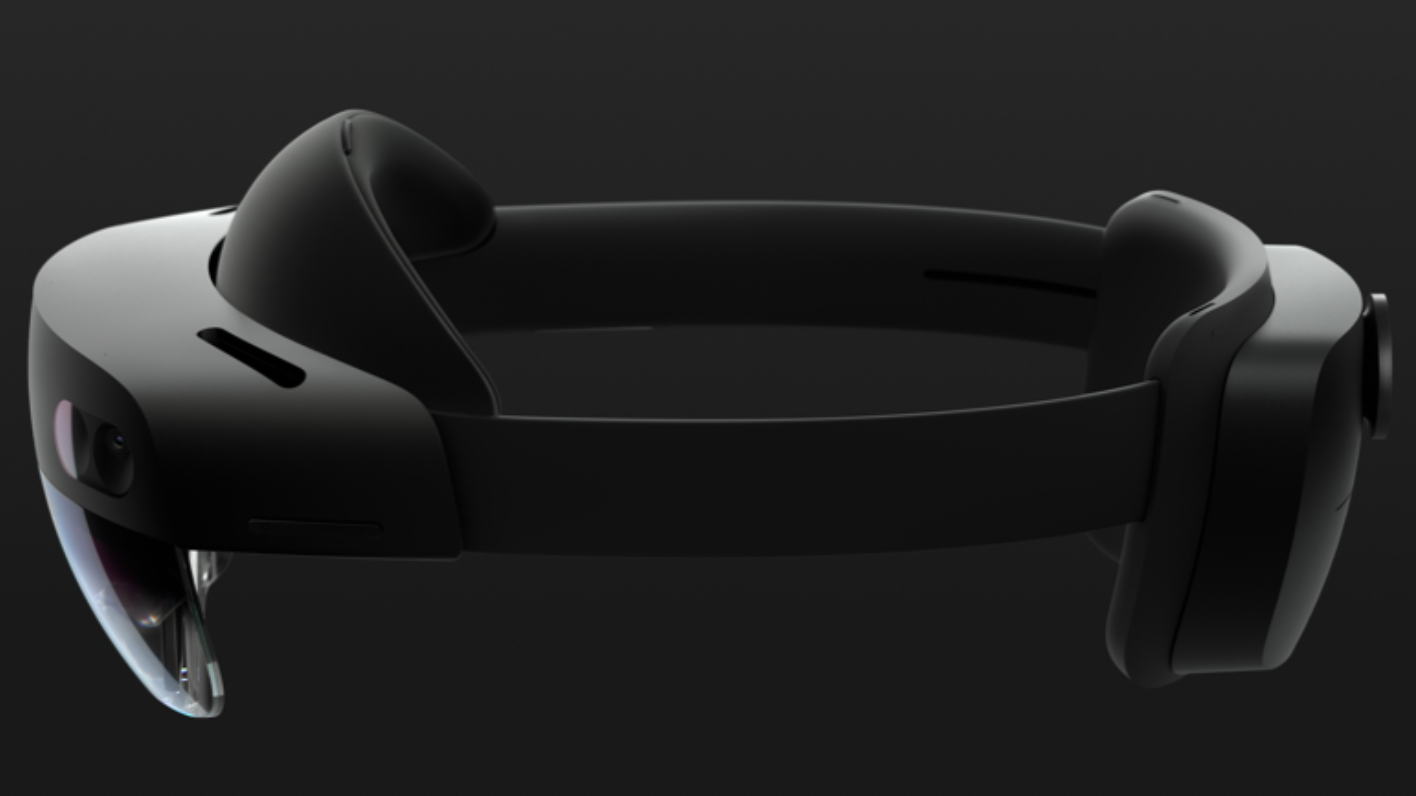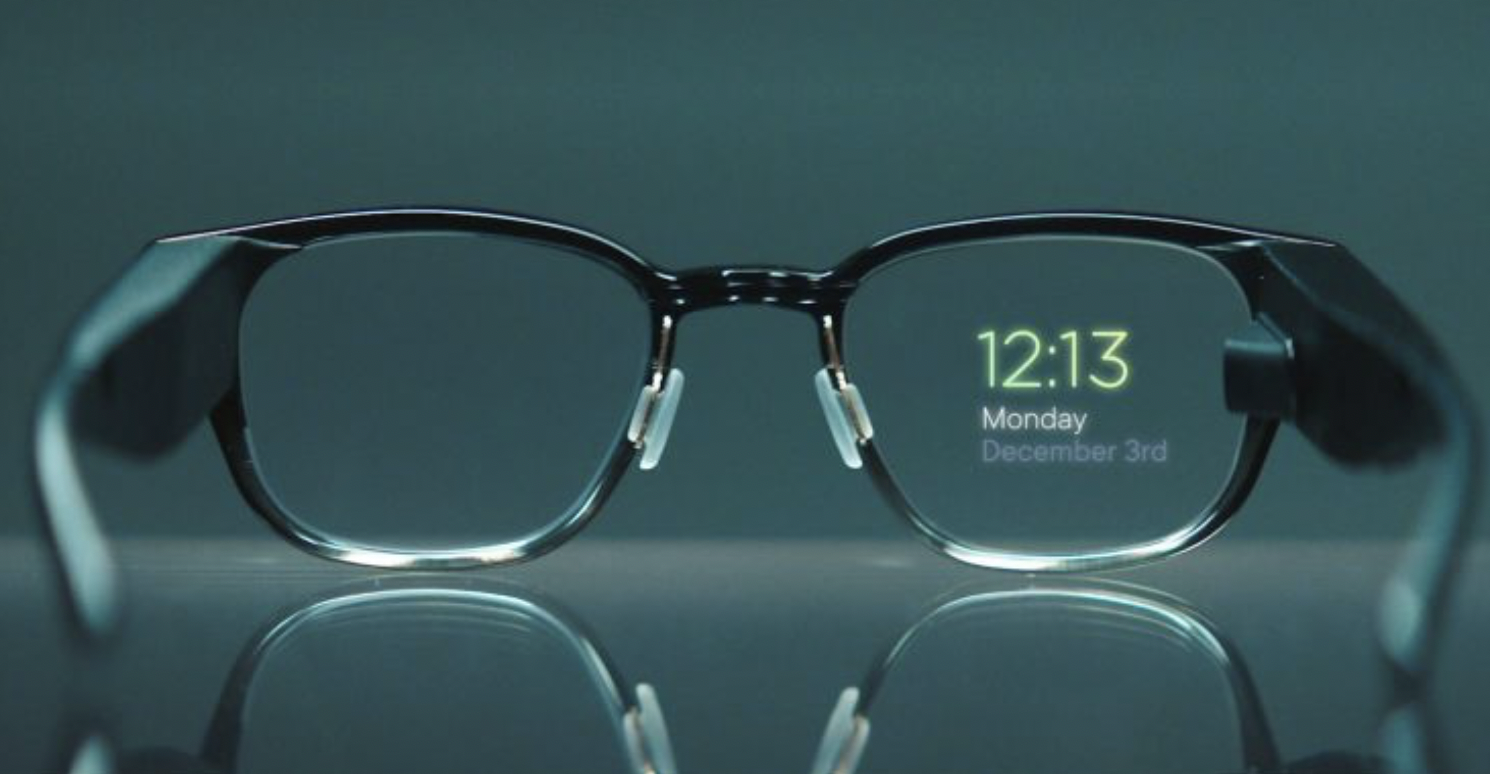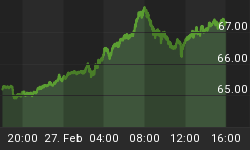Is it possible that the smartphones that have come to consume our lives are already knocking at the door of oblivion? The CEO of one of the world’s largest telecoms companies thinks so …
Back in the 1970s, when the very first mobile phone was released, it weighed more than two pounds, was priced at almost $4,000 and took 10 hours to charge, after which one could hold a half-hour conversation before the battery died.
Four decades later, and we have the smartphone, and no one can imagine life without them—or without all the bells and whistles, including everything from 3D facial recognition to state-of-the-art cameras. It’s gone far beyond making phone calls, an act that is going the way of the paper and pen itself.
Which brings us to the latest prophetic statement from AT&T CEO Randall Stephenson, who opined earlier this month that the smartphone is a “crutch” that is doomed.
Stephenson’s view is that we’re having another 1970s moment…when we realize that what we’ve developed is cool, but primitive and just the beginning of something much more sophisticated.
And the sophistication comes in the form of … nothing tangible. Related: EV Superchargers Face One Key Hurdle
"We carry around these devices and they're bigger than they should be... I say they go away…It is conceivable that we're going to be moving into a world without screens, a world where glasses are your screen,” Stephenson said.
According to the AT&T CEO, the advent of 5G--whose development is so significant that it’s become the stuff of political campaigning--will move all the storage and computing power of mobile phones from the device to the network, rendering the physical phone itself irrelevant.
According to a recent Ericsson survey, 92 percent of executives from 100 major global telecom operators believe that 5G is the foundation for emerging new technologies not only for smartphones but also for self-driving cars, smart cities … the digital world that is clawing its way to the surface of our reality.
What does it mean for phones, exactly? Well, not much in the next few years, at all, as the main carriers in the U.S. are just now in the process of preparing to launch 5G networks. In much of the world, 5G will be released later this year, with a number of phones unveiled to support the network, including the Huawei Mate X, LG V50 ThinQ, Samsung Galaxy S10 and a handful of others. Apple was reported to be sitting out the technology until at least 2020.
Coverage will also be limited, and nationwide 5G coverage will take some time with some areas to be included closer to 2024.
Related: Goldman: Banning Buybacks Would Be Disastrous
But as far ahead into the future as we can reasonably see, the sentiment is that smartphones will eventually be replaced by augmented reality glasses—the apparent elixir to our obsessive phone use (or will it just replace one obsession with another?)
A number of big companies and emerging start-ups are already working in the field of smart and connected glasses, and quite of few are already on the market.
They haven’t, though, attracted much of a customer base just yet. Take Google Glass, for instance, or Microsoft’s HoloLens mixed reality headsets, which put you in touch with your favorite holograms but aren’t intended for walking around with; rather, they are for professionals taking medical and engineering technology to great new heights.

(Click to enlarge)

(Click to enlarge)
The problem is that they’re not exactly attractive, and vanity still rules the day. Few want to be the lone wearer of large glasses on the street. Until it’s been deemed a fashion fad by a trendy designer, it's probably not going to gain much momentum.
But the brains behind the AR glasses know this, and recently they’ve been making moves to team up with fashion companies to come out with something considered actually “wearable”. In collaboration with one Korean eyewear designer, Huawei announced it is entering the smart glasses market by July this year.
An Amazon-backed company called North is working on a similar idea with glasses called Focals, which are expected to go on sale by the end of this year.
North’s “Focals”

(Click to enlarge)
Some media speculate that even Apple is preparing to release its augmented reality glasses next year.
So, by next year we could already start seeing fewer phones and more “glasses” on the streets, and from that point, in the whirlwind of technology adoption, it’s probably not far-fetched to say we aren’t too many years away from the end of the smartphone.
By Michael Scott for Safehaven.com

















My own speculation is that some sort of smart glasses will augment the phone, much as the Apple Watch complements the iPhone.